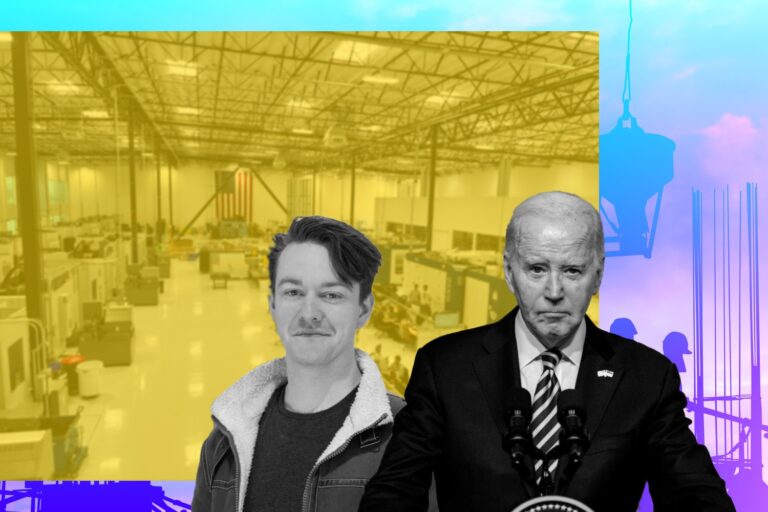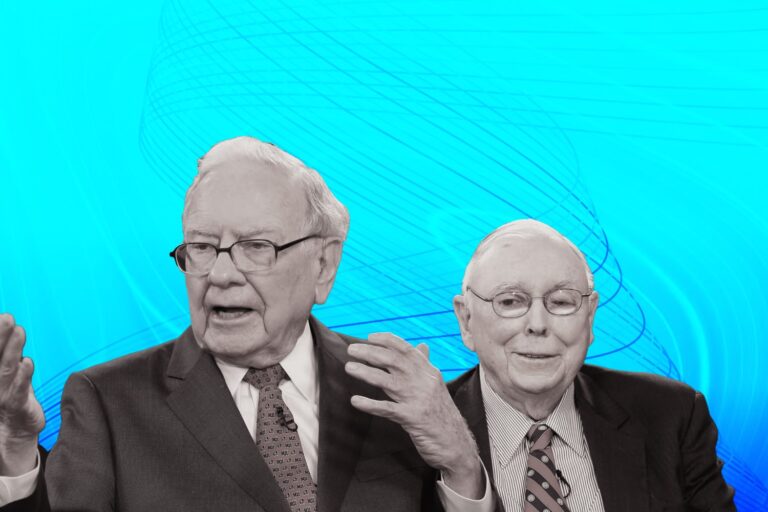What Are Some Minneapolis’s Capital Trends to Cultivate Your Business?
Leave aside the reasons, the Twin Cities have come a long way in nine years, and people are moving to an entirely different Minnesota. Right behind Chicago, the Twin Cities are ranked as the best entrepreneurial ecosystem in the Midwest.
Overall Economy Status of The Twin Cities – Minnesota
Minnesota is home to 24 Fortune 1000 companies and several of the world’s largest private companies. The area has strength in a broad range of industries. Yet, the two key sectors are high-tech manufacturing and agriculture. Among its most robust manufacturing clusters are food production, medical devices, computer and electronics, and machinery. Besides, in the agriculture sector, Minnesota, or its child Twin Cities also famous for the food and beverage (F&B) branch.
Firstly, as manufacturing is the primary industry in Minneapolis’s diversified economic base, close to half of Minnesota’s Fortune 500 companies are involved in manufacturing, which is among the largest commercial centers between Chicago and the West Coast. This industry of Minnesota contributes over $52.7 billion a year to the state’s economy (2019), accounts for the largest share (14%) of the state’s gross domestic product (GDP), employs nearly 324,000 workers, has 8,270 manufacturers making a wide range of products.
As high-technology industry is an essential to the local economy. The area is considered to be one of the largest concentrations of high-technology firms in the nation—more than 1,300—developed in metropolitan Minneapolis-Saint Paul.
Secondly, Minnesota is ranked among the top producers of agricultural products in the US, home to many giants like Cargill, CHS, General Mills or Land O’Lakes. The state’s companies employ thousands of people around the globe and have created renowned brands worldwide like Cheerios, Yoplait, SPAM, etc. At the same time, with a solid foundation in agriculture, the Twin Cities has taken most advantages of its state to build the most vibrant Food and Beverage scene, known nationally.
Besides, there are also banks and other financial institutions that make the Twin Cities the financial center of the upper Midwest, seven of the largest are based in Minneapolis. Moreover, the Ninth Federal Reserve District Bank’s headquarters of is located in the city. Local banks, savings and loan companies, venture capital concerns, and insurance companies play a significant role in the economic development of the region.
Quick Look at the Twin Cities’ Tech Scenario
The Twin Cities has made a really clever move to join high-tech with its diverse economy base, which has created tons of tech sectors. In a 2019 report on tech hubs by commercial real estate firm Cushman & Wakefield, Minneapolis – St. Paul ranked in the second tier of its top 25 cities and regions in the United States. The Twin Cities were only below about 10 other places, including Silicon Valley, San Diego, Raleigh/Durham, Seattle, and Boston. The report also found the Twin Cities as 15th ranked as the highest share of tech employment
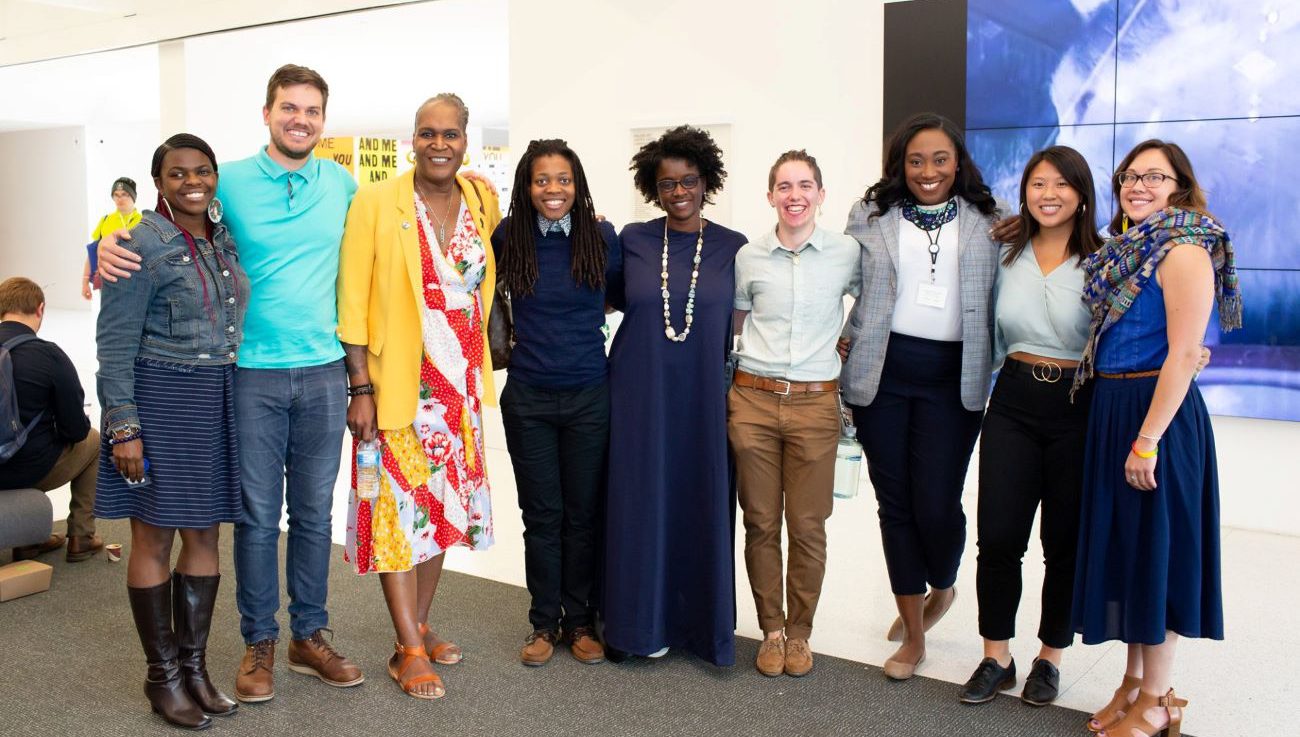
By 2018, PitchBook reported Minnesota as having the 15th most venture capital spending in the U.S., ahead of some states with similar populations like South Carolina and Wisconsin, but below others like Colorado, Maryland, and Utah.
Even though the Twin Cities had one of the smallest millennial populations by percentage among tech hubs. Yet according to the Cushman & Wakefield report, low rent and property values in Minnesota are the highlights — to this aspect, it is more advantaged compared to other tech areas, which have seen extreme surges. Without a doubt, Minnesota’s tech scene has a lot going for it, including a host of big companies to learn from, startups with a high “survivability” rate and strong “civic pride” in the tech sector.
Most importantly, one of the distinctive features of the technology industry in Minnesota is that it is integrated into one of the most diverse state economies in the nation — spanning med tech, retail, agriculture, food processing and financial services. In Minnesota the nationally startup incubator TechStars has not one, but two, accelerators in Minnesota — one for retail startups and one for agriculture startups (dubbed “Farm to Fork”).
In the med tech space, the state is a national leader — Minnesota’s “Medical Alley” is home to more than 15,000 health businesses, including six Fortune 500 health technology companies that provide a half-million jobs, according to the governor’s office. Besides, quite a number of “B2B” startups — companies focused on building tech solutions for other businesses — thrive in the state, with several successful acquisitions in the past few years.
Esepcially, there are a wide range of companies with IT-related products and services are headquartered in Minnesota or have major operations here. Namely?
| Software | Internet services | Data centers |
| – Ceridian Corp – Code 42 – Coherent Solution – Digital River and Infor (Formerly Lawson Software) | – Arvig – AT&T – CenturyLink – Frontier Communications – Sprint – Verizon | – Cologix – DataBank – IronGate |
Quick Look at the Twin Cities’ Food and Beverage Scenario
As Minnesota has a strong culture of innovation, specialized workforce and robust agriculture sector, its Food and Beverage industries are among the nation’s strongest. According to a 2019 report of The Bureau of Labor Statistics, within this sector there are 893 business establishments, $28.3 billion in total product sales, ranking 10th nationally.
Beside the giants I have mentioned above, there are also plenty of notable startups that has surprisingly thrived by meeting demand with product and distribution innovations, including Bizzy Coffee, Jonnypops, The Living Green Farm, or Wholeme.
What Are Some Legit F&B Business Resources You Should Consider?
#1 Minnesota Department of Employment and Economic Development offers business information, location assistance, business financing programs, and specialized employee training programs
#2 Grow North MN provides information and programs to help Minnesota’s food and agriculture entrepreneurs grow and scale their businesses faster
#3 TechStars Farm to Fork Accelerator is a Minnesota mentorship-driven accelerator for startups from around the world that is co-funded by Cargill and Ecolab Enterprise Minnesota aids and consults on manufacturing
#4 Agricultural Utilization Research Institute partners with businesses and entrepreneurs to develop new uses for agricultural products
#5 University of Minnesota has many food science experts and supports the industry through research at its Food Industry Center, Sensory Center, and its pilot plant.
Downtown Food Halls as New Business Trends
Food halls have been having a major moment lately, and it is looking like that moment is not going to end any time soon. Whether it is their offerings of food from around the world all within several feet of each other, their promotion of local businesses, or their indoor farmers market vibe, we are not sure. But whatever it is, everyone seems to be here for it.
Since about 2010, U.S. residents have dined out more and more. Thanks to the country’s emergent Food Network – pampered youth culture, more restaurants are answering a demand for “foodie” experiences. Within restaurant growth—greater, in recent years, than any other type of retail growth—eateries that serve sustainable, high-quality fast food tend to fare best. Described as “fast-casual dining,” these spots appeal to time, cost, and source-conscious millennials, enough that they are crowding out run-of-the-mill fast food. And while many upscale, more traditional Twin Cities destinations have opened only to close in the last few years, some argue this reflects a saturated dining market rather than slackening demand. Restaurateurs are still figuring out what consumers want. And, as it turns out, they might have an answer in food halls.
A few things make these establishments viable right now. First, restaurants in food halls often fall into that popular category of “fast-casual dining.” Building managers risk less betting on small, trendy eateries than renting out an entire space to an Italian restaurant, for example. Subleasing makes rent easier to pay, too. Saving money more controversially, food halls also evade Minneapolis’ minimum-wage hike—the baseline increase to 15 percent that some blame for scuttling a few bars and restaurants last year—because most fast-casual restaurants do not employ servers, instead taking orders at the counter and letting patrons seat themselves.
What Are Some Cool Halls to Roof Your Vendor?
Keg and Case West 7th Market
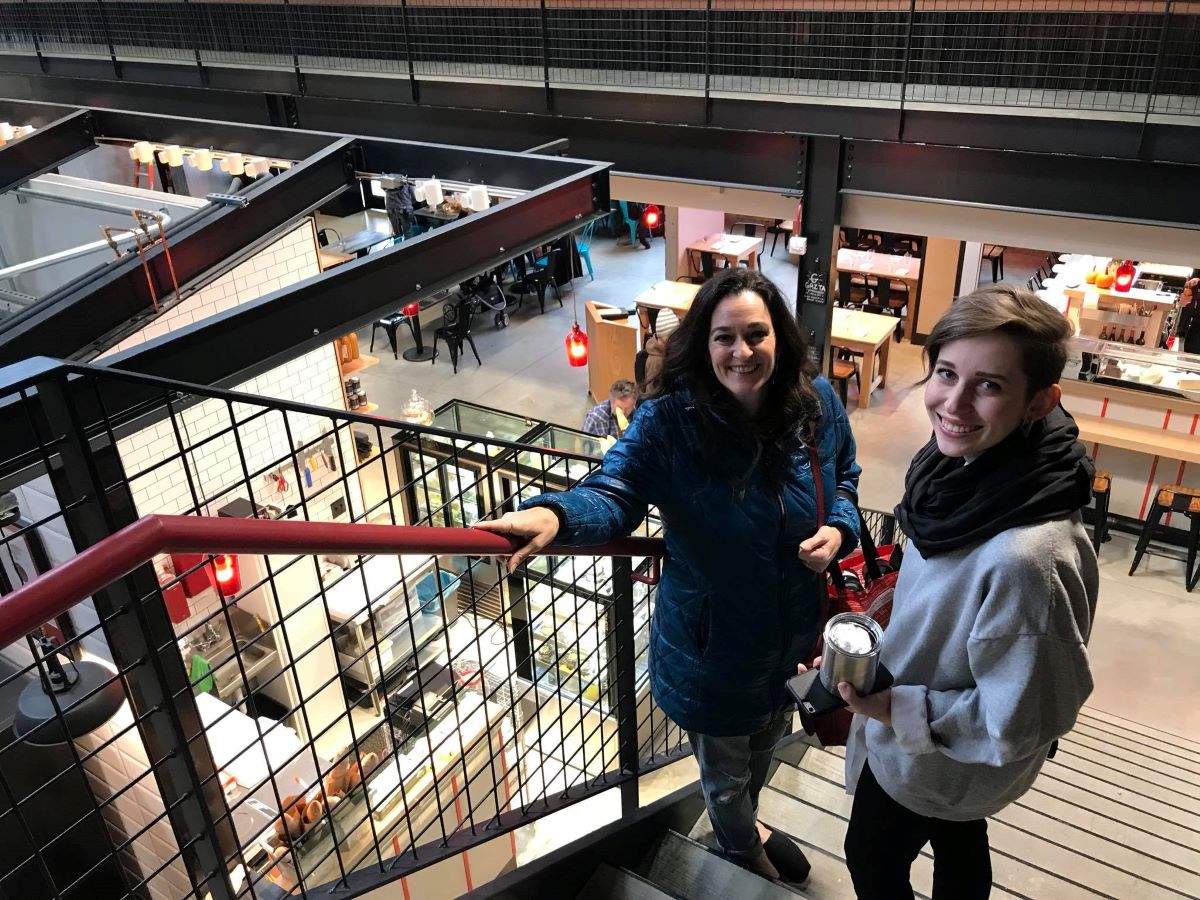
With its opening just two year ago, Keg and Case West 7th Market has been majorly popular among foodies. The food hall roofed 23 vendors, more than half of which are the only brick-and-mortar locations of their kind. Keg and Case truly brings the farmers market experience indoors, from coffee, donuts and chocolate to meats, honey and spices they provides.
Elevate Food Hall
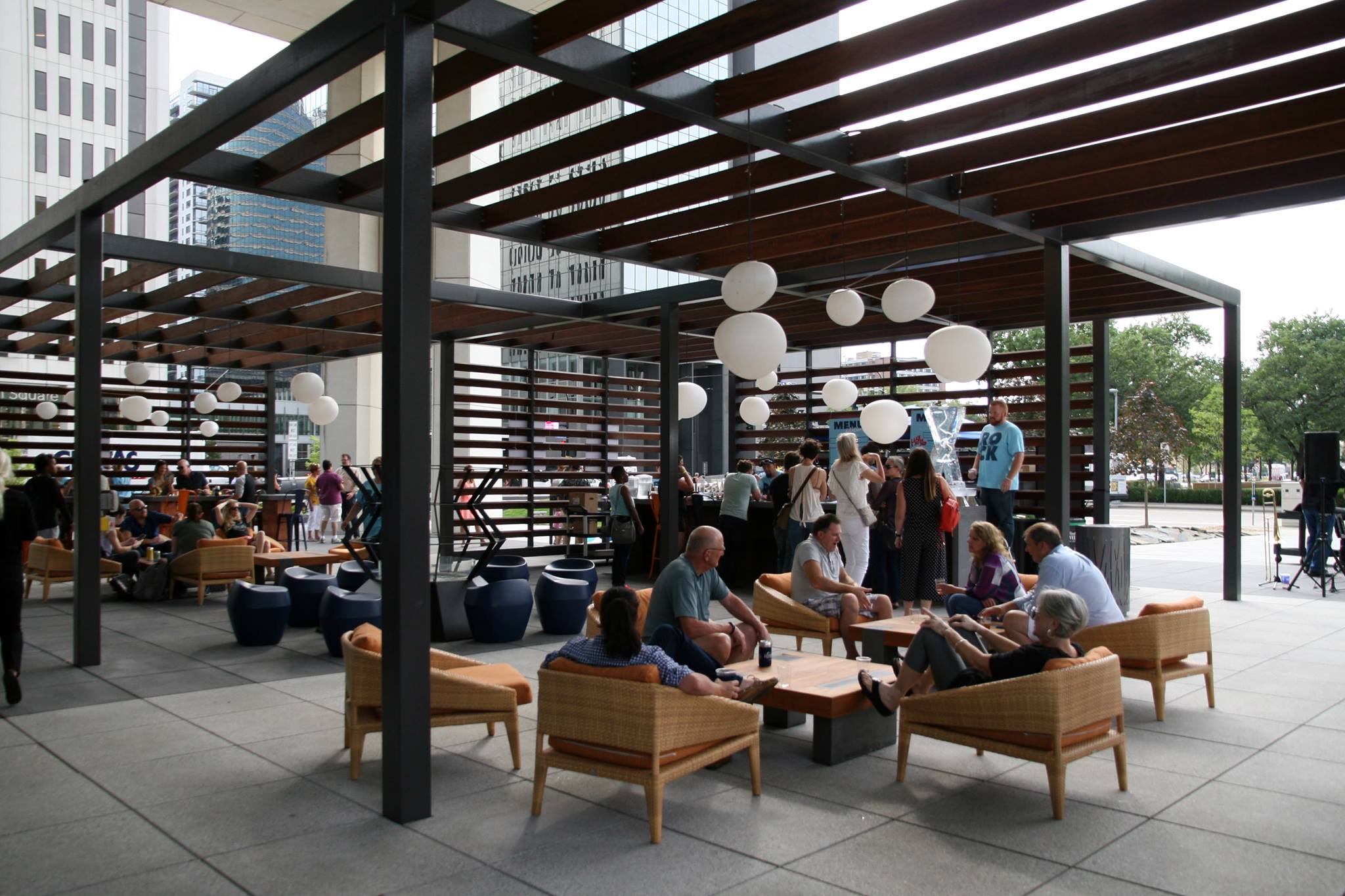
Known as “Minneapolis’ best kept secret,” Elevate Food Hall is a popular spot for corporate meetings and events. Groups of up to 600 can rent out the food hall space as well as various corporate event and conference rooms in various sizes. Though a separate catering menu is provided for events, Catering and Event Sales Manager Janis Molde says groups can order anything from the food hall, too.
Market House Collaborative
If there is a common point amongst seafood, brewpubs and bakeries, then it would be Market House Collaborative. This House brings flavors of the sea, land, and everything in between. A fishmonger and a butcher shop offer high quality meats, while a seafood restaurant, bakery and brewpub offer drinks and dining.

Especially, the food hall has an event space that includes the lower level of the building, which can accommodate an array of event types and sizes.
Why the Twin Cities Are the Finest Destination for Your Business?
The area’s density of titans is highlighted as main factor that help foster smaller ones. And access to venture capital — long a prime complaint of Minnesota startups — appears to be improving.
Amazing Living Condition
The cost of living and living standards in Minneapolis are generally higher than average. Overall, residents seem to appreciate the higher standards evident in quality education, well-maintained roadways, and excellent healthcare.
In addition, education and healthcare are valuable and offer many grand choices to help you reach your fitness and education goals. Housing is ample and available in a wide range of size and styles.
Rising Venture Capital Investment
By 2017, In Minnesota, companies in Minnesota received $495.1 million in capital investment, up 40 percent from 2016 of about $350.9 million invested.
“The size of the checks being cut is something we’ve never seen before’’ Tom Ciccolella, PwC’s U.S. venture capital practice leader claim on an interview. “The venture ecosystem has changed. We’re starting to see more megadeals.”
By 2019, the number keeps going up, despite all the strength in agriculture and manufacturing, yet investors seem to see promising prospect somewhere between technology and medical sectors. Which has resulted in hiking capital stays mainly on health care.
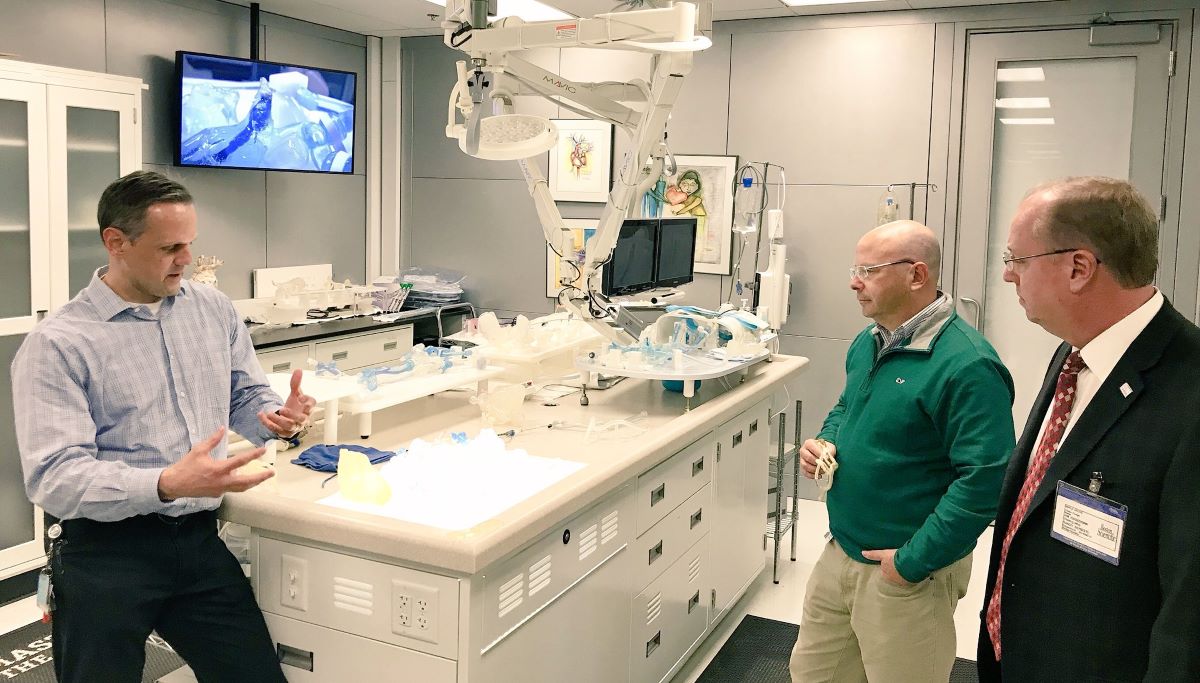
For the past two years, Minnesota’s health care, which led by insurer Bright Health, has driven the venture-capital investments and headlines.
According to PitchBook, in 2019 alone, Bright Health pulled in $635 million, on top of $200 million (about twice the cost of a high-end private jet) in 2018, which tracks private investments and other financial metrics.
Especially by 2020, venture-capital firms, including the most dynamic on Minnesota, Twin Cities-based Rally Ventures, and female-led Sofia Fund, deployed $136.5 billion in U.S. companies, surpassing the $130 billion mark for the second consecutive year, according to the January-released PitchBook-National Venture Capital Association (NVCA) Venture Monitor.
“Despite uncertainties about the sustainability of the unprecedented activity seen in 2018, [2019] kept pace,” said CEO John Gabbert of PitchBook. “In 2019, we also saw the highest exit value ever tracked, record capital deployed to female-founded startups and the most late-stage deals ever closed.’’
Vibrant Incentive Programs
The Twin Cities area are progressive in offering many advancing programs for the shake of new and expanding businesses. You can count on many below:
The Minneapolis Community Development Agency (MCDA), who is the development arm of Minneapolis that would help as a host of reasonable financing packages and site-search assistance for businesses expanding in or relocating to Minneapolis. As an authorized agent for the federal Small Business Administration, the MCDA can help merging federal small business financing with Minneapolis’s finance tools to help companies thriving. MCDA business experts help businesses realize their goals from preliminary negotiations to closing.
Besides, TechStars data also notes Twin Cities Startup Week is now among the largest event in the country. It is an exciting collaboration among all these groups and dozens more. To the Twin Cities entrepreneurship is not a solely game.
Besides, there are plenty of valuable authorized open resources you could consult.
#1: Minneapolismn(dot)gov
Obviously, the city of Minneapolis’s official website offers a step-by-step manual to foster your business. With this site you can find help with everything from applying for business grants to establishing business partners to finding the perfect plot of real estate from which to run your operations. Minneapolis offers new businesses consultation services through the city’s own portal, the local universities (University of Minnesota, St. Thomas University) and MedaPTAC and SBA, which offers multi-media tutorials.
#2: Small Business Administration of Minnesota
The establishment aids, counsels, assists and protects the interests of small business concerns, to preserve free competitive enterprise and to maintain and strengthen the overall economy of our nation.” This local district office of the federal U.S. Small Business Administration gives new business owners local assistance programs, loan and grant applications and even online coursework to gain or hone your skills in business administration.
#3: Smallbusinessmn(dot)org
Last, but far from least, it is your non-profit authority on all things public policy related. Which focus on creating a supportive community for businesses in Minnesota, often employing legislators and public policy works to educate its members, free of charge. This is a much-needed community business resource to answer any of your policy related questions. After all, community is what Minnesota is all about.
The Bottom Lines
Despite the harsh weather, Minnesota or Twin Cities has showed proof of a nonstop thriving region. As it continues to take up more and more capital from plenty investors around the country. Besides, with a deep-rooted foundation in agriculture, home to many manufacturers as well, Minnesota is sure to hold a promising future for new businesses and entrepreneurs.








